Structured expert elicitation course
Registration is now open for our virtual course on Structured Expert Elicitation for Healthcare Decision Making. The course will be run across two sessions on 23 & 24 September 2024 at 14–16 BST, covering:
An Introduction to SEE
SEE Methods in Detail
Demonstration of STEER Tools
There will also be live demonstrations of SEE in action and the opportunity to design your own SEE study in a breakout session.
Structured expert elicitation resources (STEER)
The materials on this website were developed to help streamline the process of conducting structured expert elicitation (SEE). They include:
- An overview of SEE for healthcare decision making - Structured expert elicitation for healthcare decision making An overview (PDF
 , 1,048kb)
, 1,048kb) - A practical guide to SEE for healthcare decision making - Structured expert elicitation for healthcare decision making A practical guide (PDF
 , 717kb)
, 717kb) - Easily-adaptable R code for developing bespoke web applications for conducting SEE exercises
- Excel template for developing bespoke SEE exercises:
- Chips and Bins (also referred to roulette or histogram method) - STEER Chips and Bins elicitation tool (MS Excel
 , 260kb)
, 260kb) - Tertiles - STEER Tertiles elicitation tool (MS Excel
 , 112kb)
, 112kb) - Quartiles (also referred to as bisection) - (STEER Quartiles elicitation tool (MS Excel
 , 112kb)
, 112kb)
- Chips and Bins (also referred to roulette or histogram method) - STEER Chips and Bins elicitation tool (MS Excel
- Adaptable PowerPoint slides to use for training experts to complete SEE exercises. STEER_Template for elicitation training (MS PowerPoint
 , 5,997kb)
, 5,997kb)
To use, please cite: Horscroft J, Lee D, Jankovic D, Soares M, Bojke L. Structured Expert Elicitation – Example Training Deck. STEER. 2022 - Open access resources from previous examples (SEE protocols, training materials, tools for conducting SEE)
- Examples of published SEEs applied in healthcare decision modelling
Why SEE?
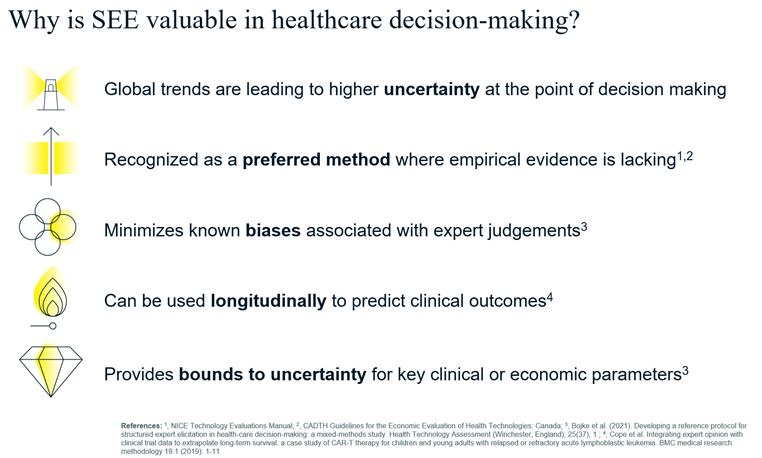
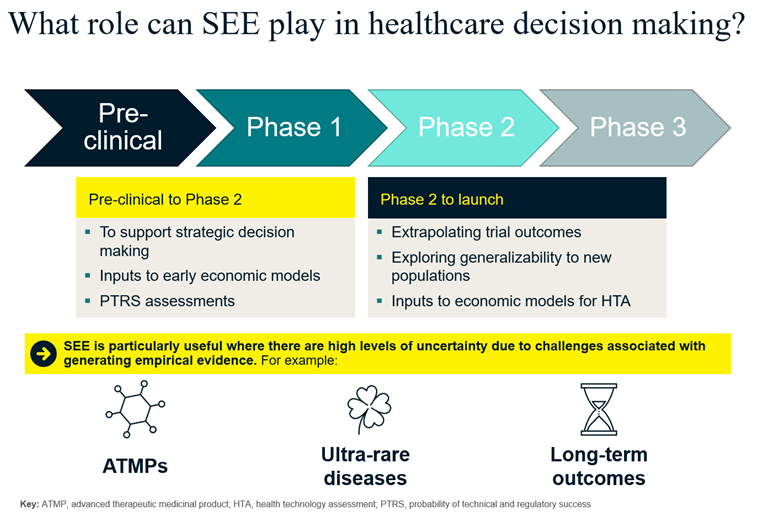
How is SEE viewed by decision-makers?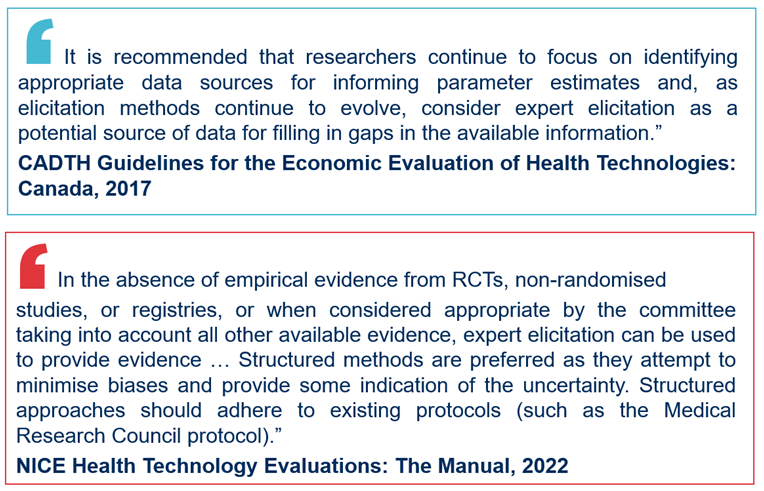
Examples of SEE used in NICE appraisals
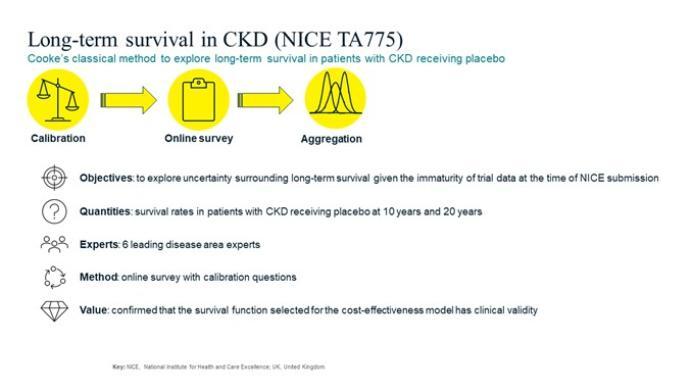
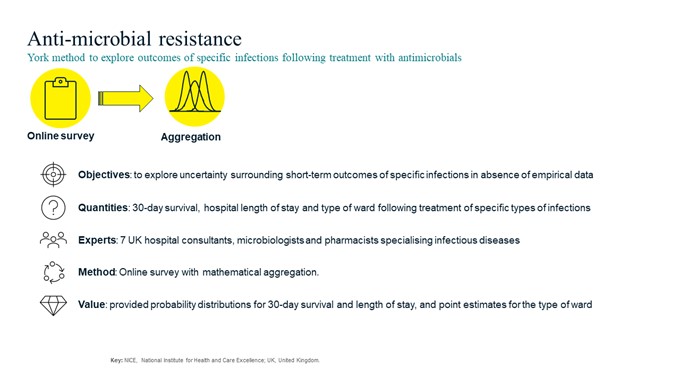
How were these materials developed?
The materials have been developed as a collaboration between the Centre for Health Economics (CHE), which co-authored the protocol for structured expert elicitation (SEE) funded by the Medical Research Council (MRC), and Lumanity, which regularly conducts SEE to support health technology assessment (HTA) and market access strategic planning.
The materials are based on the original MRC protocol and published SEE exercises in healthcare decision modelling.
Contacts
If you have any questions, comments or suggestions please email Dina.Jankovic@york.ac.uk.

